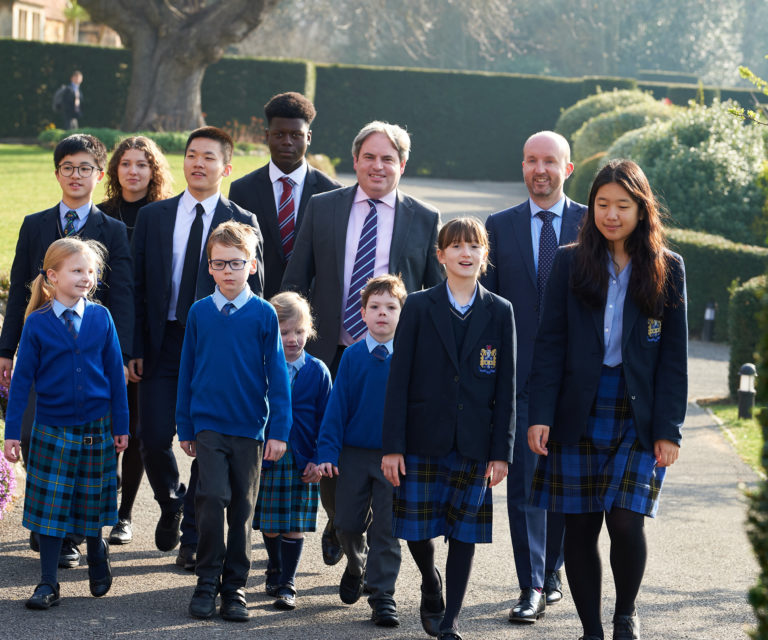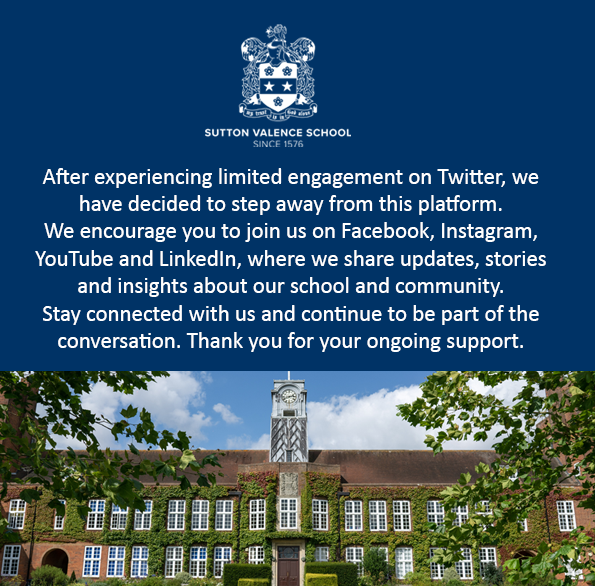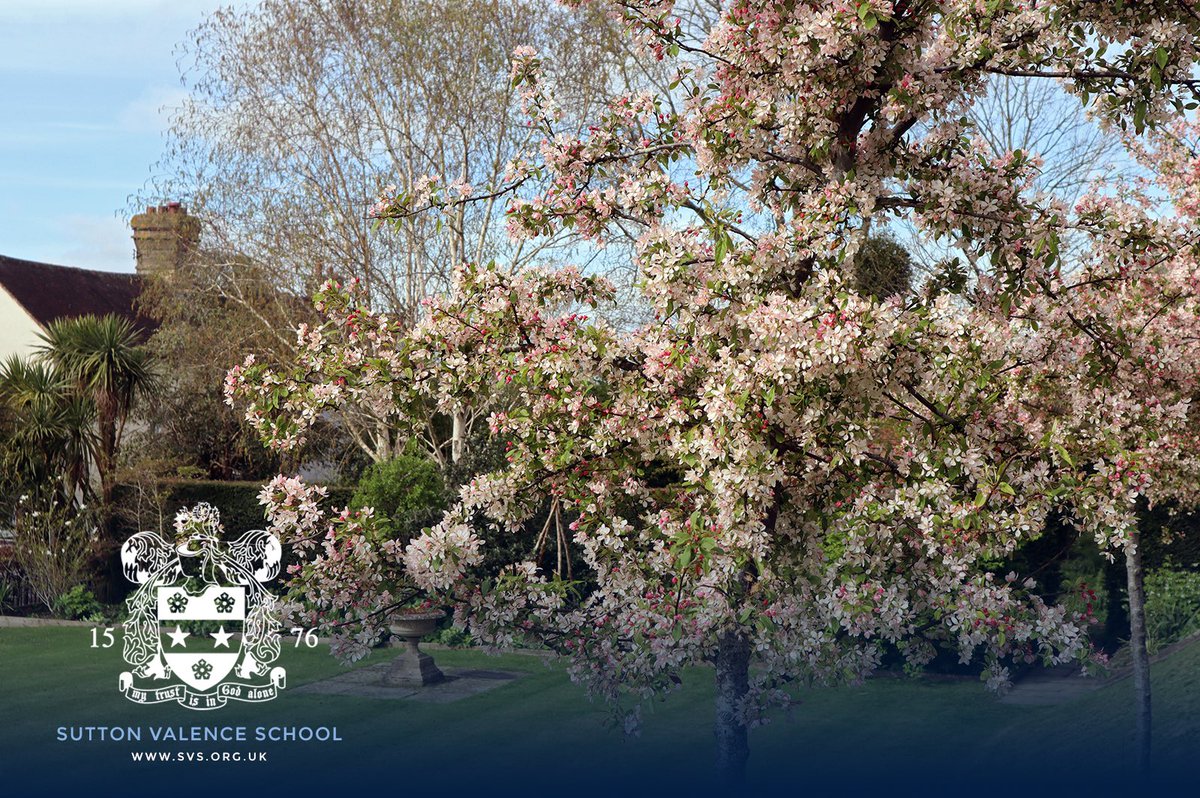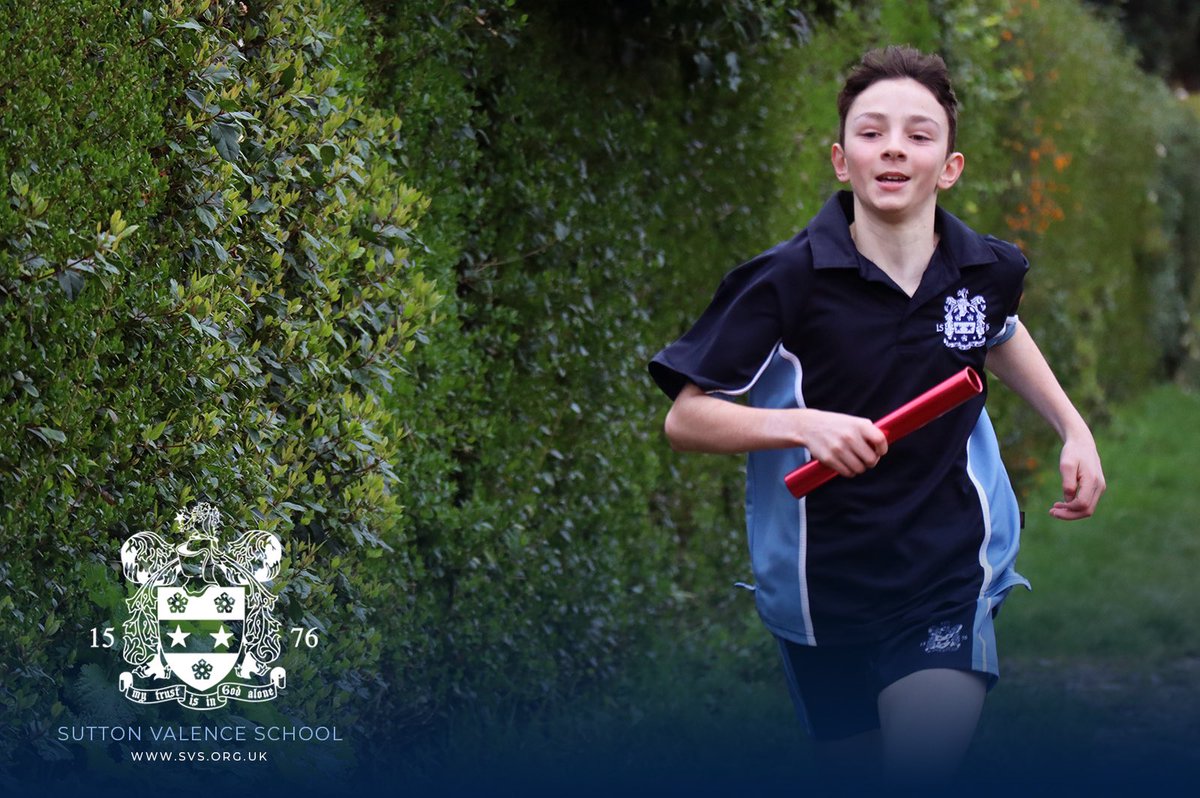This week we took a slight deviation from the normal routine at SVPS; we celebrated Curiosity Day across the different year groups. Coming away from the prescribed curriculum occasionally enables children to learn how to think, not what to think. Curiosity Day is an opportunity for young minds to think creatively, problem-solve and think ‘outside the box’.
What is creative thinking, and why is it important to nurture this in our children? Most people associate creativity with artistic tasks such as writing a story, painting a picture, or composing music. While these are all artistic endeavours, not all creative thinkers are artists. Indeed, creativity is found throughout the curriculum, in every classroom. Creative thinking is abundant outside of our classrooms too, such as our Forest School and in our Science lab.
So, what does creativity mean?
Creativity simply means being able to come up with something new. Therefore, creative thinking is the ability to consider something in a new way. It is the very definition of ‘thinking outside the box’. Often, creativity in this sense involves what we call lateral thinking, or the ability to perceive patterns that are not obvious. Creativity involves curiosity, open-mindedness, imagination, and the ability to problem-solve. All of these are nurtured at SVPS, where our children are encouraged to see things with a fresh eye, to tackle problems with an open mind, learn from mistakes and use their imagination to explore new possibilities. Science, Design Technology and Maths (STEM) are just a few of the curriculum areas where our Heads of Department produce bespoke schemes of work, to enable the children to practise and refine these skills that culminate in creative thinking literacy.
Throughout Curiosity Day, the children are given exciting opportunities to solve problems requiring trial and error, prediction, and adaptation, whether designing and making a functioning Advent calendar or making a Christmas advert. Indeed, the aim of Curiosity Club is to challenge all our learners, from an early age, to use all their higher-order thinking skills and engage in creative learning and complex problem-solving.
Creativity is not just important for our children’s academic future and to prepare them for the workplace; it is also vital for the development of essential life attributes such as resilience, empathy, and determination. Our children will need to persist in the face of obstacles and come out stronger, accepting challenges and regarding failure as the vehicle of learning. The ideal environment for teaching and fostering creative thinking is one where there is a careful balance of support and independence; giving children opportunities to ‘go it alone’ and focus on their individual path of thought with the freedom to experiment, perhaps even fail.
Indeed, why not have a creative Christmas this year? Encourage your child to make gifts for those near and dear to them. Not only would they be making a priceless gift to be cherished by a loved one, but also through the medium of making, baking, sewing, and crafting; a valuable gift to themselves at the same time – the gift of creativity…
Mrs Harrison, Academic Deputy Head





